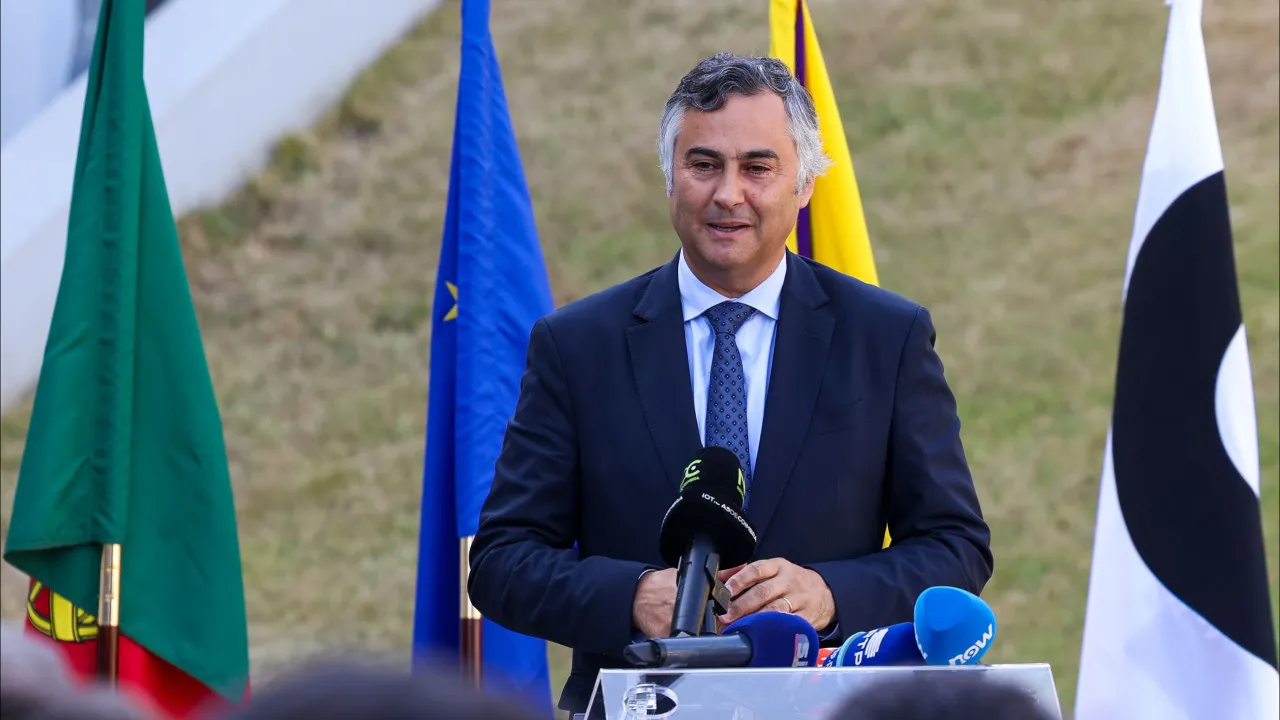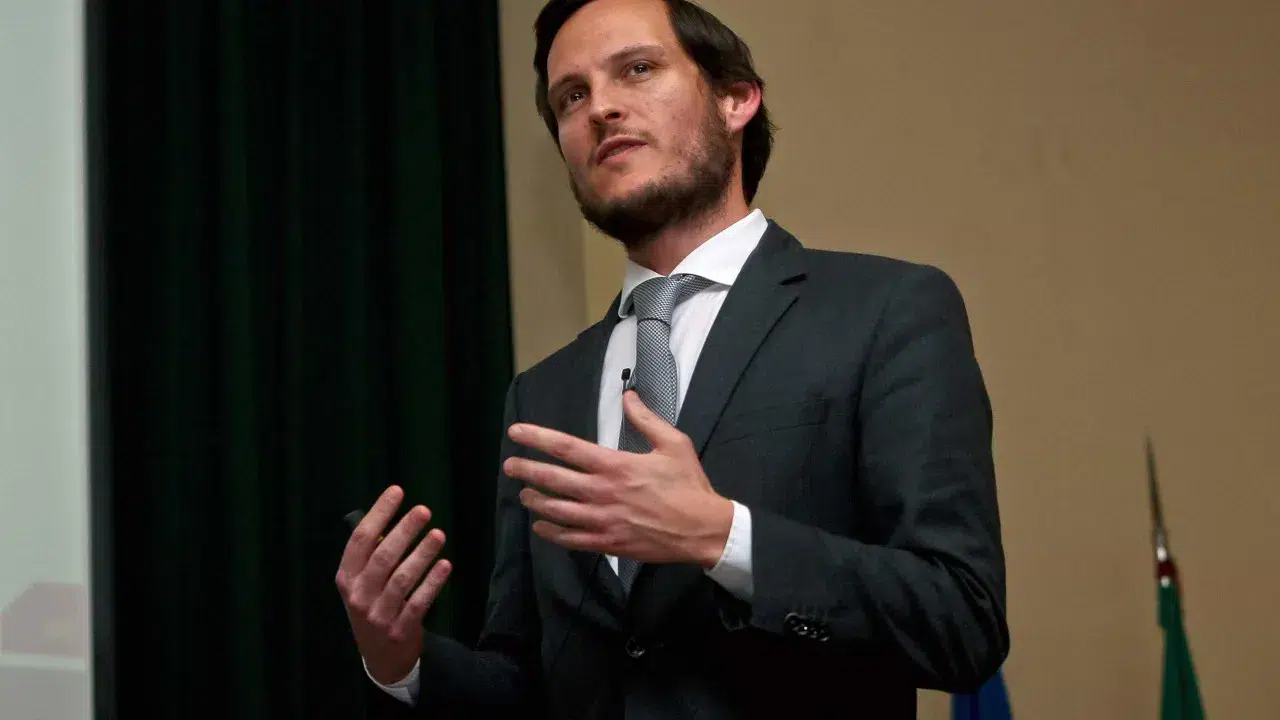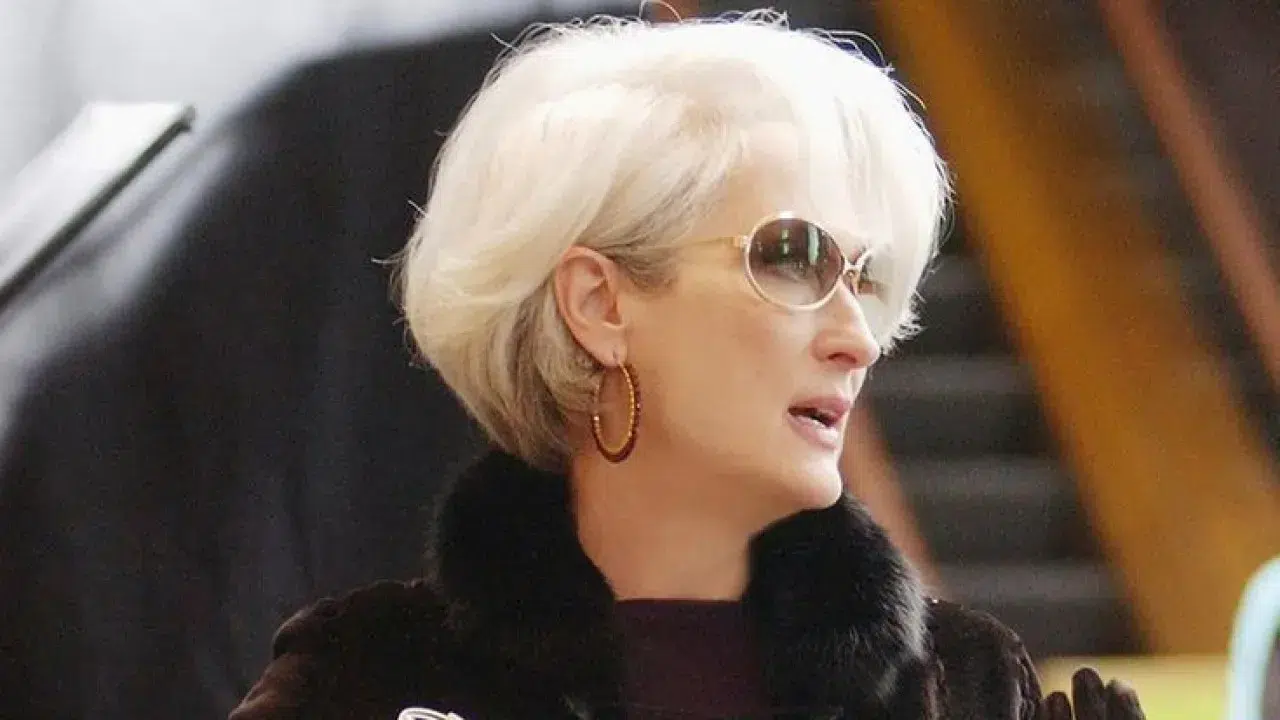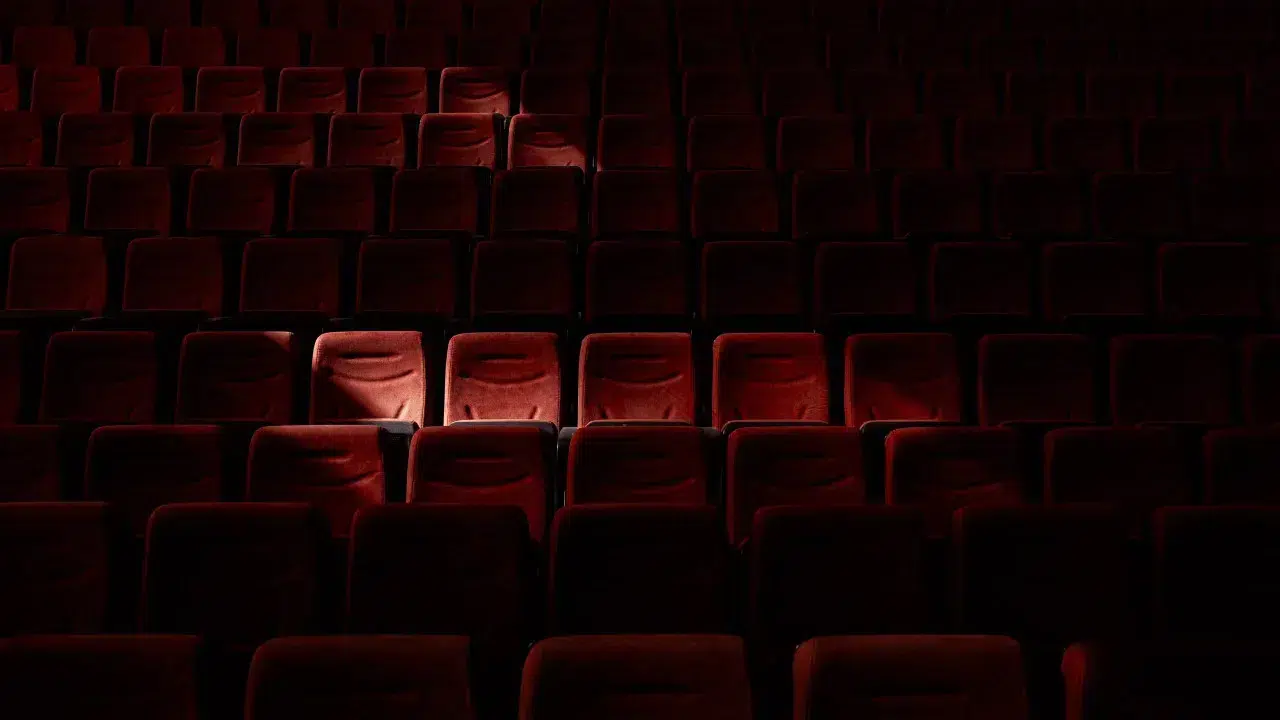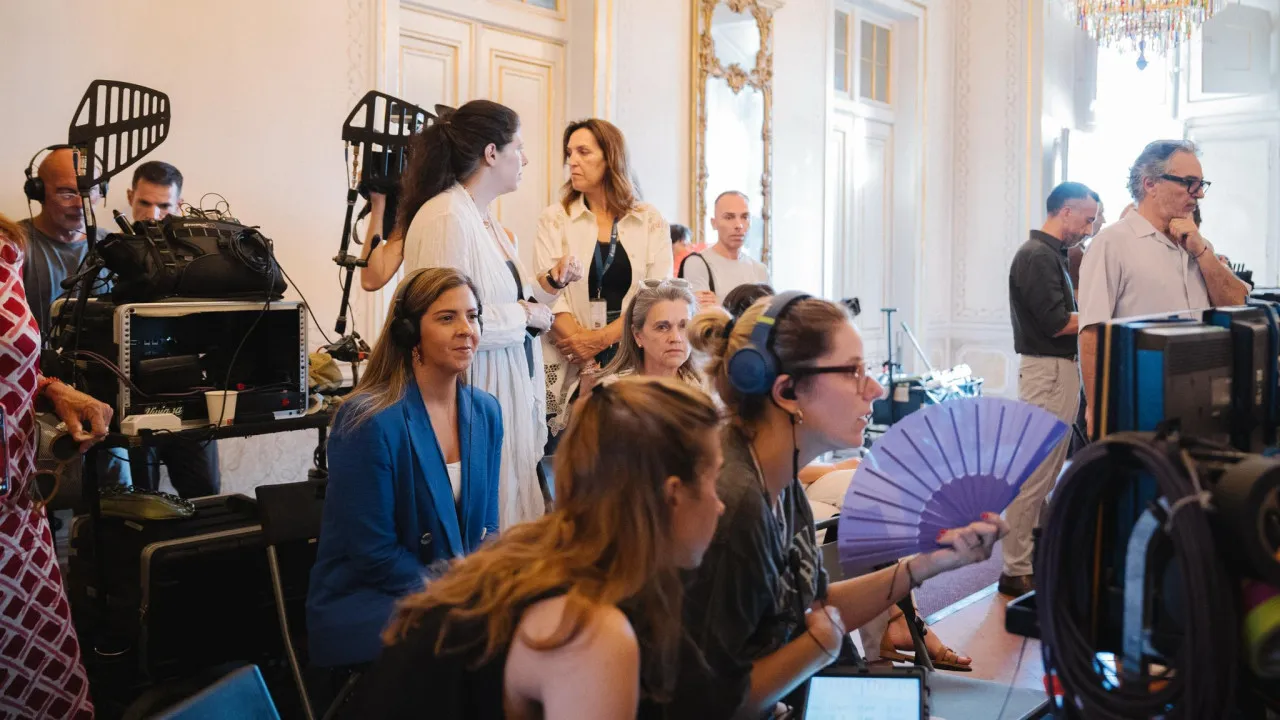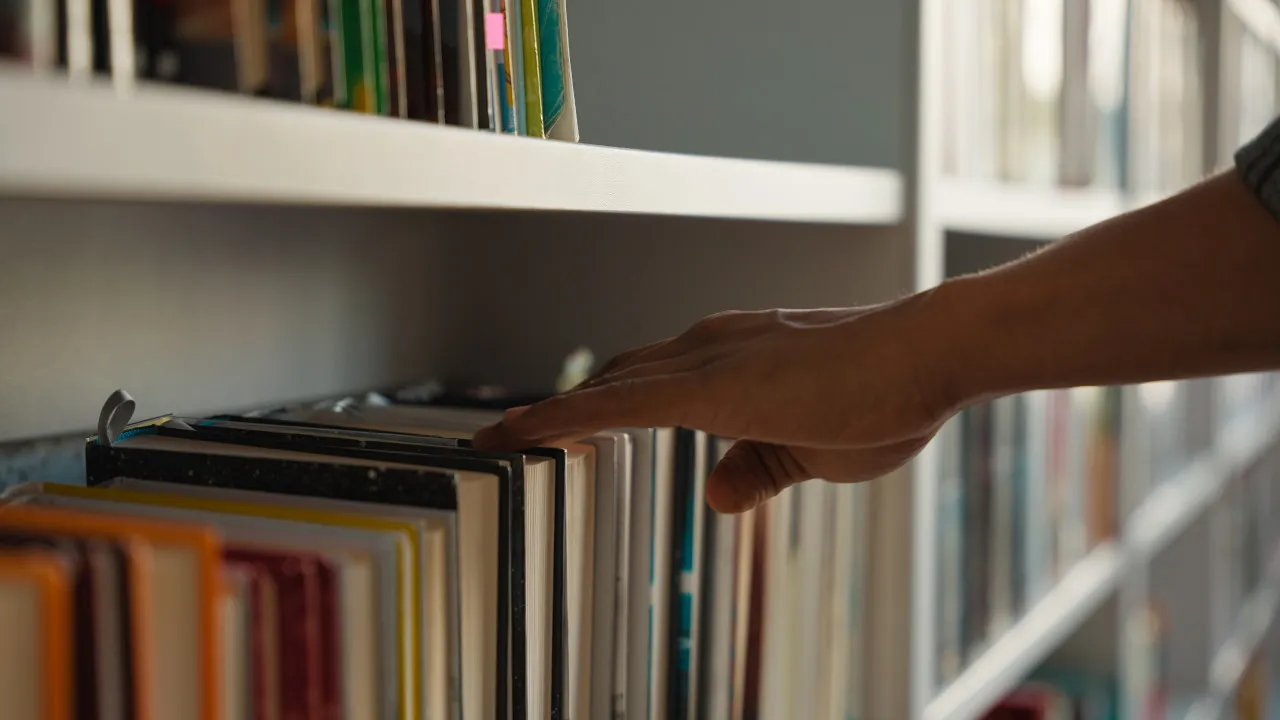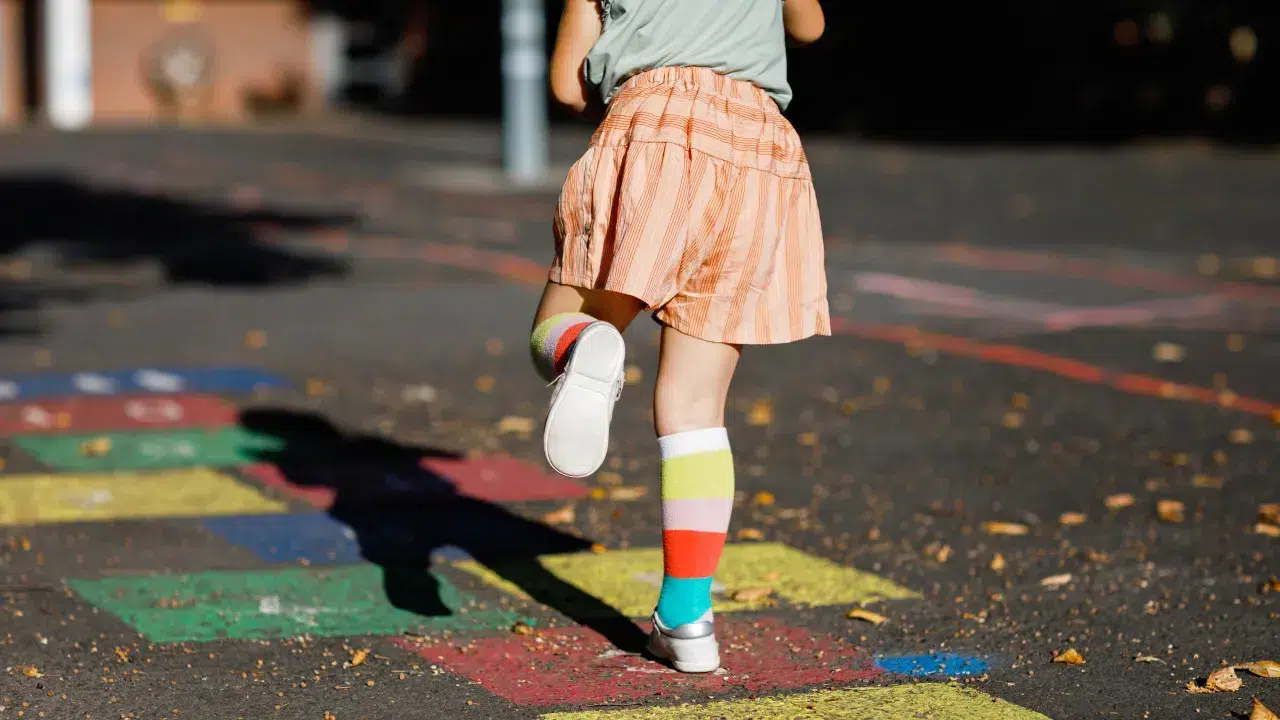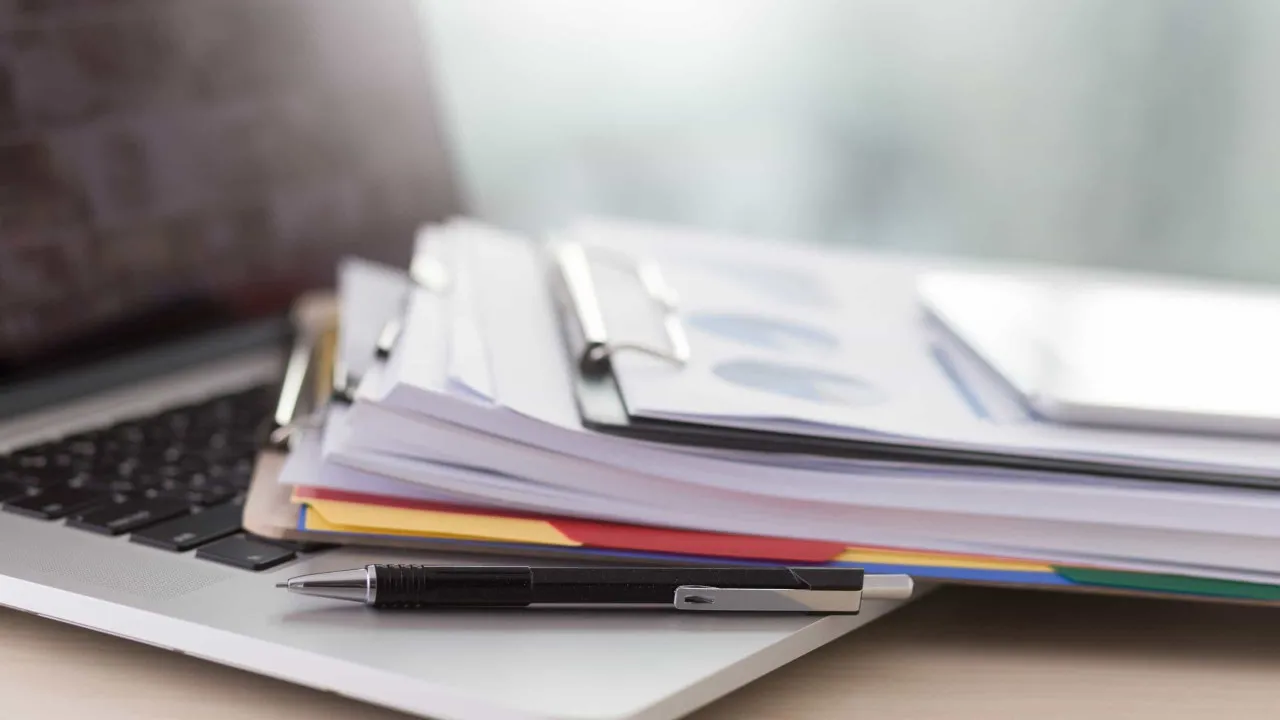Porcelain, “man’s oldest artificial product” and which “survives” plastic, is the material of almost all the works by Chinese artist Ai Weiwei that make up an exhibition in Lisbon, opening on Wednesday.
Entitled “Paradigm”, the exhibition will be on view at Galeria São Roque until July 31 and consists of 17 works inspired by freedom of expression and created by the Chinese artist and activist, who has lived in the Alentejo municipality of Montemor-o-Novo (Évora) for the last few years.
These are mainly porcelain works, but the exhibition also includes a new series of portraits with LEGO pieces, which the artist began using in 2014, when he worked with a material associated with play to produce portraits of political prisoners.
In an interview with Lusa news agency, Mário Roque, owner of Galeria São Roque, explained that Ai Weiwei “is a great collector of ceramics, as was his father”, the poet Ai Qing (1910-1996), who has pieces from “the Song dynasty”, which ruled China from 960 to 1279.
The artist became more interested in this art and became “a great ceramist, he has mastered ceramics perfectly,” he said.
“At the moment, he has interpretations of those porcelains made now, with a completely different character, because there is always an irreverence [in his work], but they could perfectly well be [pieces] from the 16th or 17th century, but made by him,” said Mário Roque.
Speaking to journalists this week during a visit to his residence in the Alentejo, Ai Weiwei said he was very interested in “what happened in the past” and pointed out that “porcelain is the oldest human product”.
It is “an artificial product that has reached a very high quality since very ancient times, perhaps since the time of the caves, and even today we still use porcelain. Of course, many are replaced by plastic, but porcelain still has a very special quality” and is present in many homes, he argued.
Emphasizing that Chinese porcelain has always been of a very high quality, the artist confirmed that this show in Lisbon, “one of the smallest exhibitions ever”, stemmed from his “long-standing interest in antiques” and the “bond of trust” he created with Marco Roque, whose gallery he visited.
“It’s very ironic that we’re holding a porcelain exhibition in an antiques gallery,” he said.
Mário Roque confirmed to Lusa that the exhibition “started out almost as a joke”, but it fits in with the gallery’s focus, whose initiatives “always have to do with the Discoveries and the fusion between Portuguese and those countries’ art objects”.
The Portuguese were “the first importers” of porcelain from China and, thanks to this, caused “a revolution in European ceramics”, he said.
Until then, they were “always polychrome”, but “Portugal brought white and blue from China”, which led to Portuguese faience being “bought and disseminated throughout Europe and the world”. And cobalt blue was even used for Portuguese tiles, “an iconic object”, so the fusion of cultures is clear, stressed Mário Roque.
Born in Beijing, China, in 1957, Ai Weiwei has developed his work in sculptural installation, cinema, photography, ceramics, painting, writing and has exhibited in institutions and biennials around the world.
In 2023, he received an honorary doctorate from the University of Évora, which honored him for being “one of the most outstanding cultural figures of his generation, and a symbol of freedom of expression both in China and internationally,” the institution said at the time.

